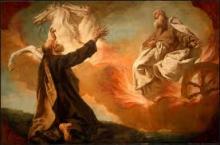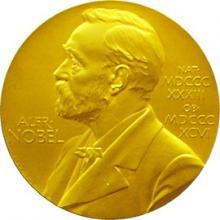Judaism and Ethnicity
Recently, we received a question in our comments section in reference to an article about Messianic Judaism and how it differs from what is traditionally accepted as Jewish philosophy. In that article I made a brief mention of how the perception of Jews as a social group has changed, especially in America, over the past century. The commenter, B. Wolper, asks,
You say in your article that Jews were considered an ethnic group until around the mid-twentieth century. What changed that? Why are we not considered an ethnic group anymore?
I would like to thank B. Wolper for the question and will now clarify exactly what I meant when I suggested that Jews in modern day America are no longer considered a distinct ethnic group.



